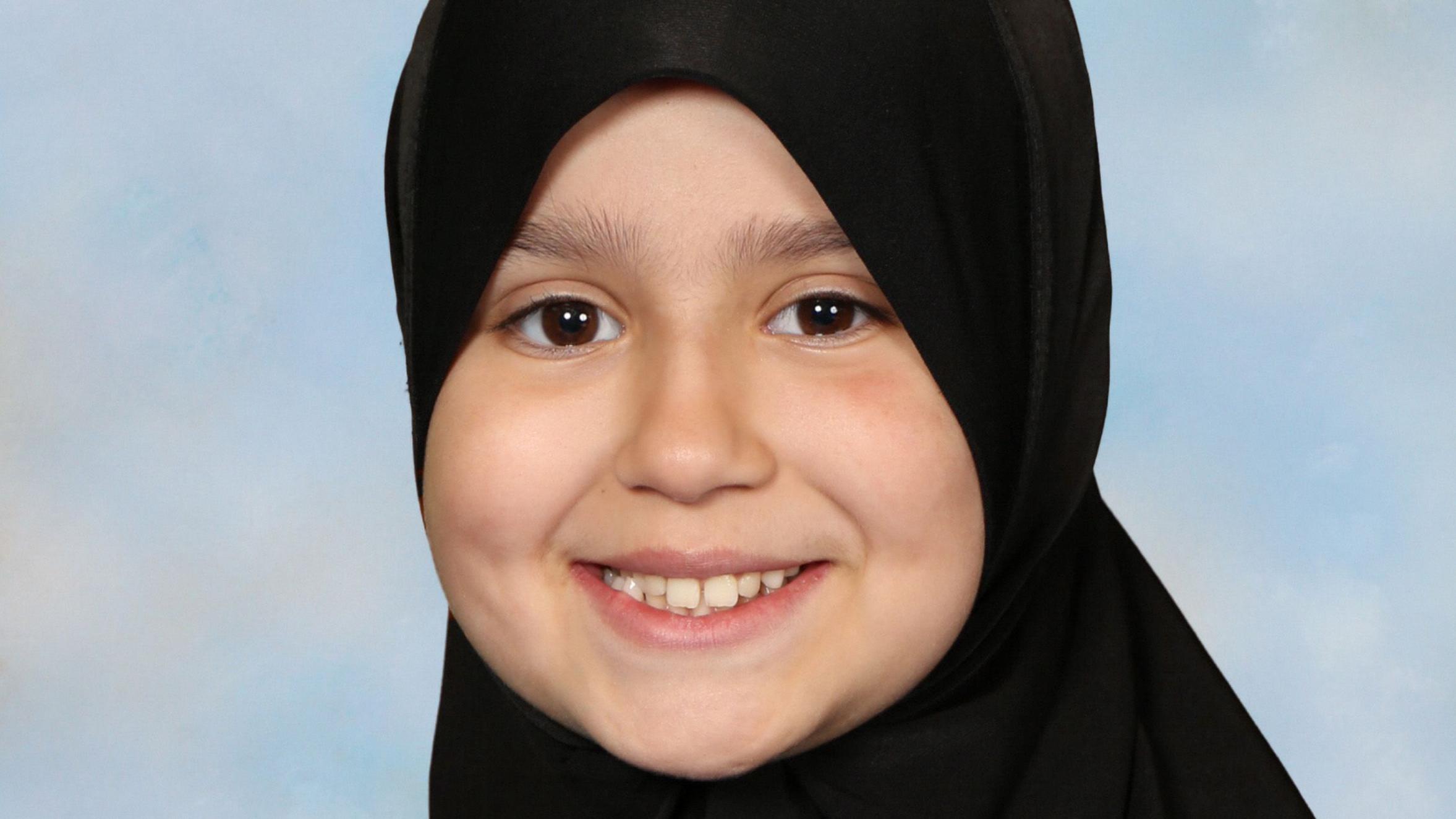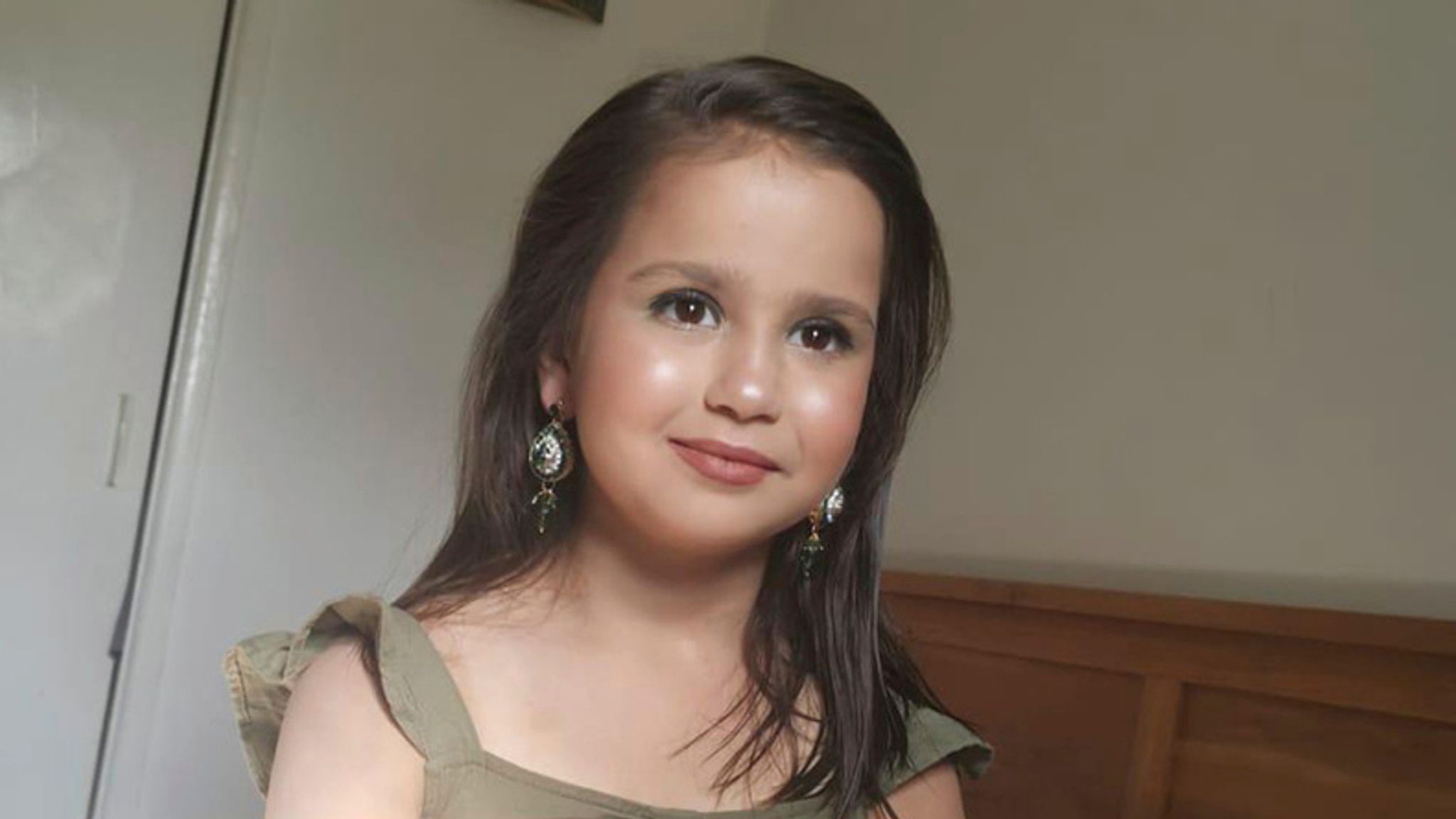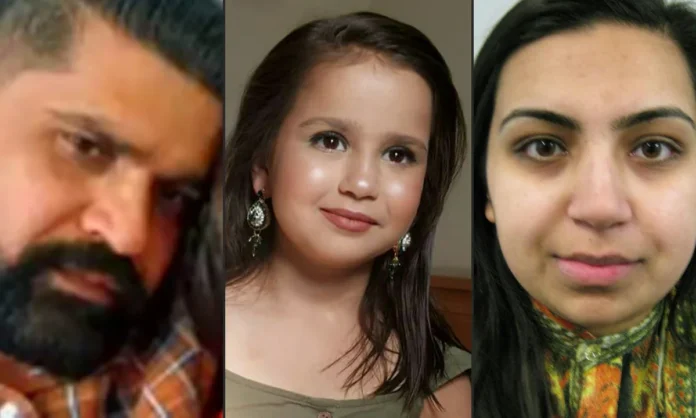In a shocking development, Urfan Sharif, father of 10-year-old British-Pakistani Sara Sharif, admitted to killing his daughter but denied any intention to harm her, even as harrowing details emerged of her injuries. Sharif’s confession was made public during proceedings at London’s Old Bailey court on Wednesday, revealing a case marked by severe violence and alleged neglect. This admission comes after Sara’s body was discovered in her bed on August 10, 2023, at her home in Woking, southwest of London. Her body bore evidence of extensive trauma, including multiple fractures, burns, and bite marks—injuries suggesting prolonged abuse.
The case, which has drawn national attention, took a new turn with Sharif’s partial confession, as he accepted responsibility for his actions while refusing to acknowledge the charge of murder. The statement adds a new layer of complexity to a case that has already shocked the public and raised concerns about child protection in similar households.
Shocking Admission: “Yes, She Died Because of Me”.
The revelations made in court depict a tragic tale of abuse and denial. Sharif, 42, previously claimed he was pressured into a confession by his wife, Beinash Batool, Sara’s stepmother. However, when questioned by Batool’s defense lawyer, Sharif reversed his stance, admitting full responsibility for Sara’s death. The father, a taxi driver, stated, “Yes, she died because of me,” acknowledging that he had inflicted numerous injuries on Sara, including using a cricket bat and throttling her with his bare hands.
He also admitted to binding the child with packaging tape and beating her in the weeks leading up to her death, an assault so violent it resulted in 25 fractures across her body, as well as a broken hyoid bone in her neck. Despite the confession of these brutal acts, Sharif maintained his innocence regarding the murder charge, telling the court, “I did not want to hurt her. I didn’t want to harm her.” The contradictions in his statements have added a new layer to the trial, questioning his claim of intent and raising additional moral and legal concerns.

Failed Escape and Arrest in Pakistan.
Sara’s tragic end unfolded while in the care of Sharif, his wife Beinash Batool, and her uncle Faisal Malik, 29, all of whom fled to Pakistan a day before her body was discovered. Following their arrival in Islamabad, Sharif made a call to British authorities, disclosing that he had “beaten his daughter too much.” This phone call, accompanied by a written confession found at the crime scene, has become a critical element in the case.
Upon discovering Sara’s body, police noted extensive injuries, including broken bones and burns, which pointed to sustained abuse. The suspects—Sharif, Batool, and Malik—were arrested on September 13 upon their return to the UK, facing charges of murder and allowing the death of a child. Despite the mounting evidence, all three have denied the murder charge.
While Sharif confessed to the beatings, he has consistently denied causing burns and human bite marks found on Sara’s body. These details, combined with conflicting statements from the accused, have complicated the case, with defense attorneys arguing over the degree of each suspect’s involvement. Sharif’s recent admission of guilt has only heightened public outrage, drawing scrutiny on child protection systems and sparking calls for stricter policies in cases of suspected abuse.

New Layer of Complexity: Sharif’s Statement Adds Doubt to Intent.
The father’s statement to the jury, which acknowledged his responsibility but denied murderous intent, introduces an unsettling layer to the case. Sharif’s claim—that he did not intend to harm Sara even as he inflicted severe injuries—casts doubts on his mental state and motivations. Legal experts are divided on whether this confession implies negligence, a lack of control, or an inability to acknowledge the impact of his own actions. Some argue that his statements indicate a dangerous normalization of violence within the household, while others point to a possible defense strategy aiming to reduce his sentence.
This added complexity, however, does little to console the family and community left devastated by Sara’s death. The portrayal of her father as both responsible and remorseful may influence the court’s approach to sentencing, but it does not lessen the tragic outcome. For those advocating for justice, Sharif’s denial of intent appears insincere, given the evidence of sustained abuse and the severity of Sara’s injuries.
As the trial continues, the court will weigh Sharif’s admissions alongside forensic evidence to determine the appropriate legal response. His admission of guilt may shape the final verdict, but it is unlikely to dampen the public’s demand for accountability. The tragic death of Sara Sharif, marked by horrific injuries and an apparent lack of remorse from her father, has become a grim reminder of the pressing need to prioritize child safety and justice in cases of familial abuse.

